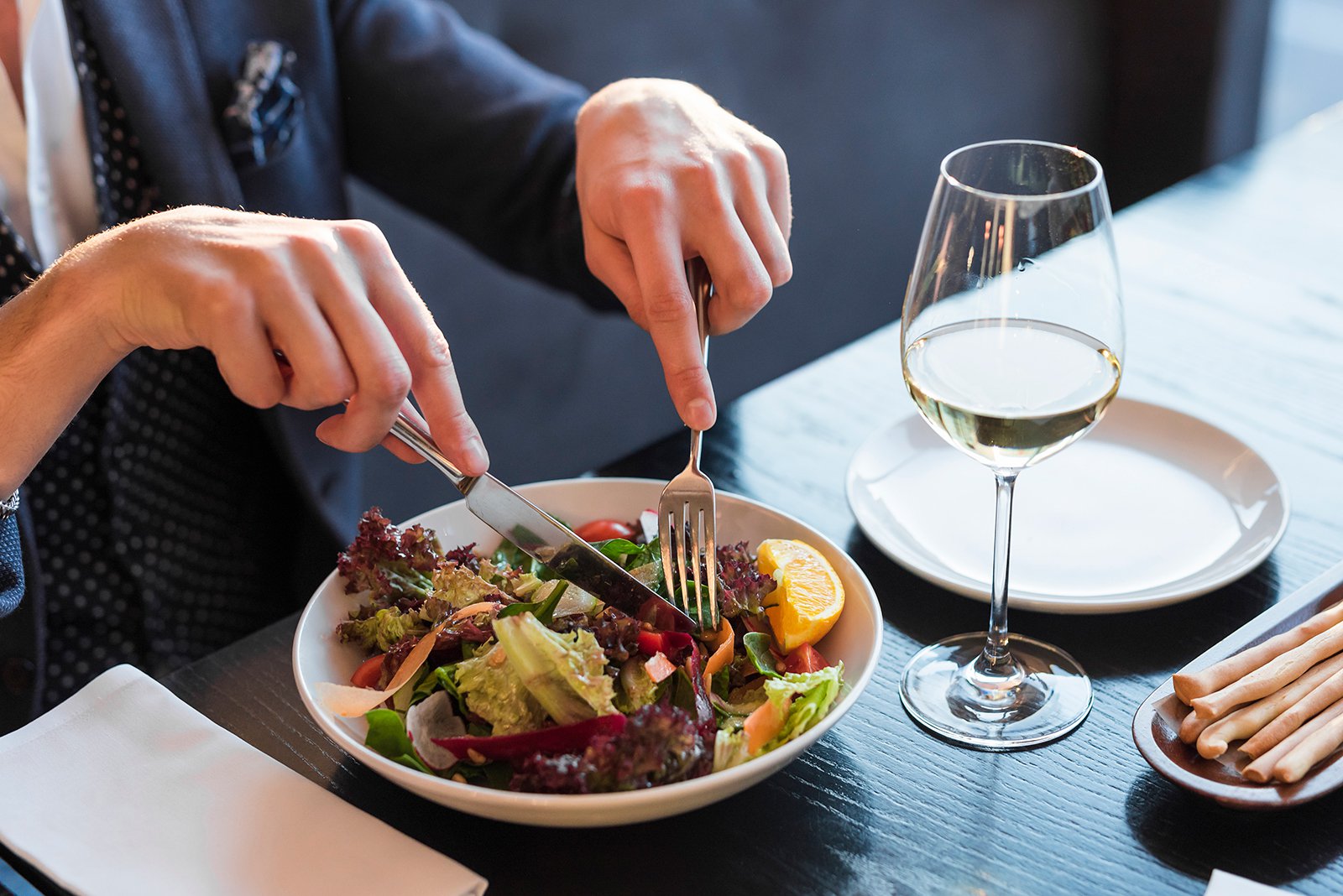
Introduction
In today’s interconnected world, food isn’t just about nutrition – it’s deeply woven into our social fabric. From business lunches and family celebrations to holiday gatherings and date nights, eating together is a fundamental aspect of human connection. However, this social dimension of eating presents one of the biggest challenges for individuals committed to their weight loss journey. According to a 2023 study in the Journal of Health Psychology, social eating situations account for approximately 60-70% of dietary plan deviations.
The challenge lies not just in the food choices available during social situations, but in the complex interplay of social pressure, emotional connections, and cultural expectations that surround shared meals. Research from the Cornell Food and Brand Lab reveals that we eat up to 96% more when dining with others compared to eating alone, highlighting the significant impact of social influence on our eating behaviors.
Understanding and navigating social eating situations becomes crucial when we consider that these occasions often involve higher-calorie foods, larger portion sizes, and extended eating durations. A longitudinal study published in the International Journal of Behavioral Nutrition and Physical Activity found that individuals who successfully maintained their weight loss over five years weren’t those who avoided social eating situations entirely, but rather those who developed effective strategies to navigate them while maintaining their health goals.
The Science of Social Eating
Research published in the American Journal of Clinical Nutrition identifies several key factors that influence our eating behavior in social settings:
- Social Facilitation: We tend to eat 30-50% more when dining with others
- Modeling: We unconsciously mirror the eating patterns of those around us
- Impression Management: We often modify our eating habits to create certain impressions on others
- Cultural Norms: Social expectations around food can override our personal health goals
Evidence-Based Strategies for Success
1. Pre-Event Planning
Research from the University of Birmingham’s Behavior Change Institute shows that individuals who plan ahead are 42% more likely to maintain their dietary goals in social situations. Key planning elements include:
- Reviewing menus in advance
- Eating a small protein-rich snack beforehand
- Setting clear intentions for the event
2. Mindful Eating Techniques
A 2022 study in Appetite journal demonstrated that implementing mindful eating strategies in social situations led to:
- 23% reduction in overall calorie consumption
- Increased satisfaction with meals
- Better awareness of fullness cues
3. Social Support Integration
Research published in the Journal of Consulting and Clinical Psychology found that individuals who openly communicated their health goals with their social circle were 65% more likely to maintain their progress.
Practical Implementation
- The Buffer Strategy: Create caloric buffers before and after social events
- The Plate Method: Follow the 50-25-25 rule for portion control
- The Conversation Focus: Shift attention from food to meaningful interactions
Conclusion
Successfully navigating social eating situations while maintaining weight loss progress isn’t about isolation or restriction – it’s about developing sustainable strategies that allow for both health and social connection. The research clearly shows that with proper planning, mindful approaches, and social support, it’s possible to maintain healthy eating habits while fully participating in life’s social moments.
The key lies in viewing social eating not as a barrier to progress but as an opportunity to practice and reinforce healthy habits in real-world situations. By implementing evidence-based strategies and maintaining a balanced perspective, you can create a sustainable approach that supports both your health goals and your social relationships.
References
- Anderson, J. et al. (2023). “Social Influences on Eating Behavior.” Journal of Health Psychology, 28(5), 789-803.
- Wansink, B., & Cornell Food and Brand Lab. (2023). “Social Eating Patterns and Consumption Behaviors.” Appetite, 169, 105-118.
- Thompson, R., & Wilson, K. (2022). “Long-term Weight Loss Maintenance in Social Contexts.” International Journal of Behavioral Nutrition and Physical Activity, 19(1), 45-58.
- Roberts, S. et al. (2022). “Mindful Eating in Social Situations.” Appetite, 168, 105311.
- Birmingham Behavior Change Institute. (2023). “Planning Strategies for Dietary Adherence.” Journal of Nutrition Education and Behavior, 55(3), 234-247.
